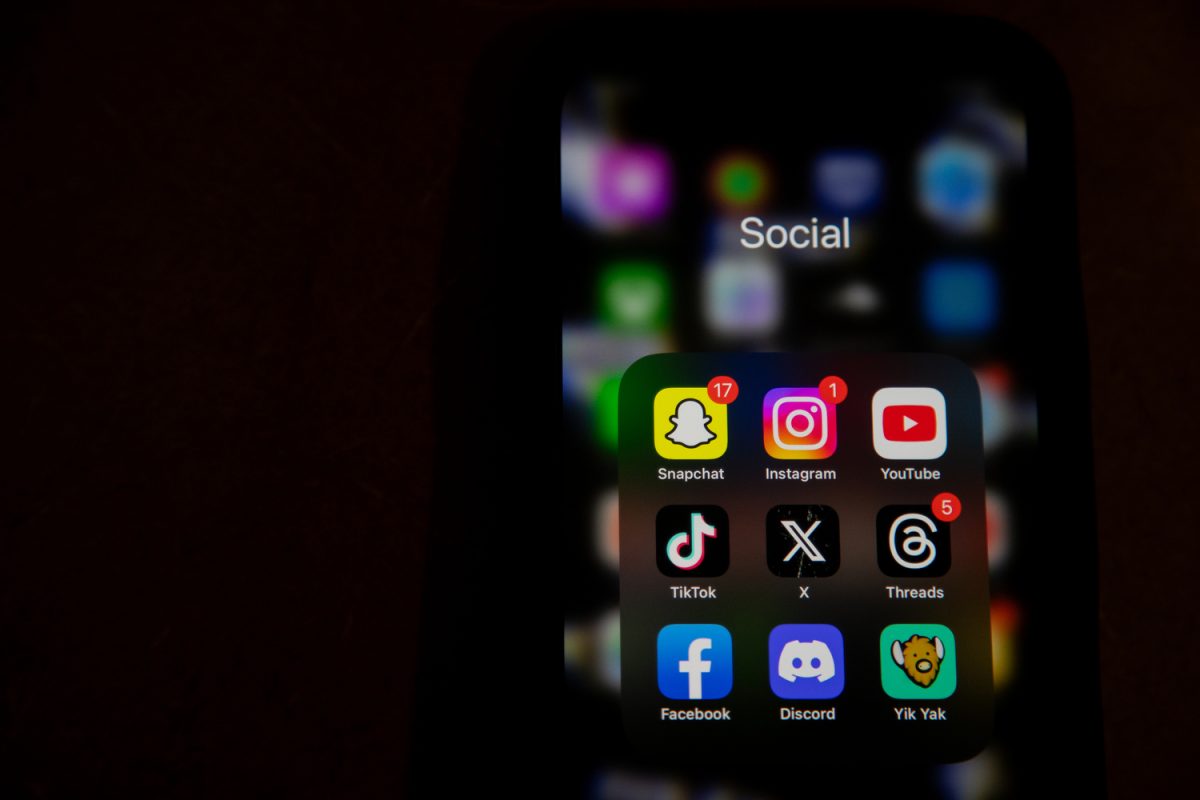It’s been a few months since the viral AI-generated image flooded Instagram, amassing over 47 million shares and dominating social media for days. Yet, amid the flurry of posts and articles, we must ask: How much of the online activism we witness is sincere?
It’s alarmingly easy to alleviate our guilt by displaying solidarity through our screens. The “All Eyes on Rafah” post, though widely circulated, represents just a fragment of the broader issue.
People often think they’ve done their part by posting a picture, resharing a statement, or even changing their profile picture to support a cause. For instance, when support for the Black Lives Matter movement surged in 2020, many people changed their profile pictures to a black screen as a form of protest. While these gestures are symbolic, they often lack depth and fail to address the root cause of important issues.
Online activism, particularly when conducted without a thorough understanding of the cause, can perpetuate misinformation and breed ignorance. Sharing the latest viral image without questioning its accuracy allows us to feel better about our detachment from the real issues. This surface-level engagement often masks a lack of genuine commitment to the cause.
Digital activism isn’t always harmful, though. Social media can increase awareness or bring attention to a previously unrecognized issue. People have also utilized it as a means of communication with those in need.
However, because of social media’s pervasiveness, people are often expected to share their opinions on current events. If people remain silent, they run the risk of being considered indifferent. This creates a problematic scenario in which individuals feel compelled to speak on matters they may not fully understand or care about simply to avoid criticism.
Celebrities are particularly susceptible to this pressure. In their quest for public approval, they often share content that does more harm than good. During the onset of the COVID-19 pandemic, for example, influencers were responsible for 20 percent of the misinformation spread about the virus.
Similarly, Australia’s devastating bushfires, which claimed the lives of 25 people and millions of animals, were accompanied by misleading images and maps. Notably, singer Rihanna and other users on X, formerly known as Twitter, shared an exaggerated visualization of the fires, further distorting the reality of the situation.
While there’s a widespread belief that celebrities should use their platforms to drive change and raise awareness, they shouldn’t be forced into spreading opinions they don’t hold, especially without doing any actual research.
The same goes for the average person.
Everyone should critically evaluate the news they consume before posting an underdeveloped opinion. Unfortunately, the emphasis on social media presence has overshadowed the importance of media literacy, which has diluted the sincerity of activism. Activism without a solid understanding of the issue is no more effective than remaining silent.
True activism doesn’t end with a click of a button.
Consider the success of the #MeToo movement, in which genuine support extended beyond sharing stories on social media. The campaign created a safe space for survivors, advocated for policy changes, and worked to shift cultural attitudes.
Individuals can translate their online voice into physical change by supporting businesses that align with their values, participating in local community service, or advocating for policy changes through direct communication with those in power.
Ultimately, engagement is about integrating our online actions with real-world efforts to foster change and awareness.



